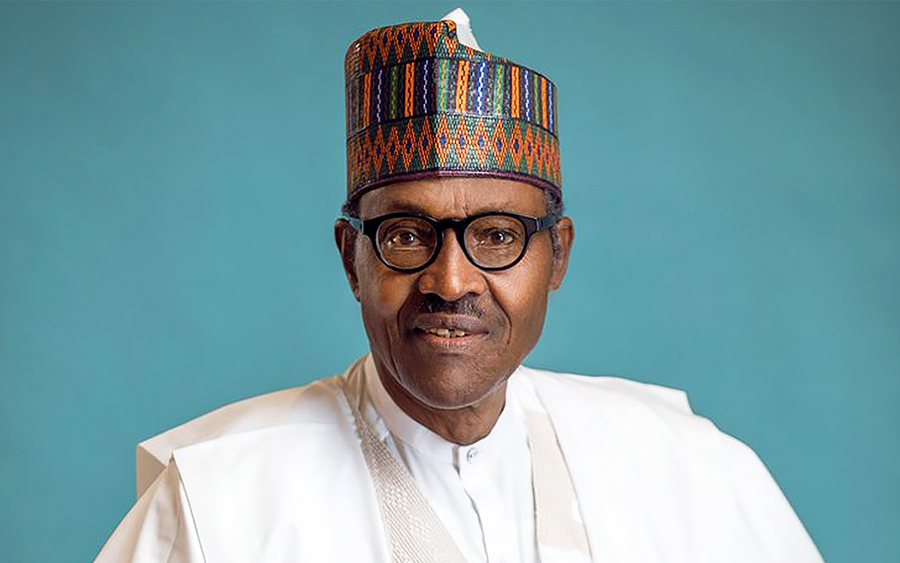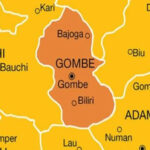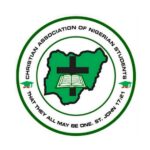As Minister of State for Education in the administration of General Sani Abacha, Malam Wada Nas stood out as a strong defender of the policies and person of the head of state. This he did during the administration and continued after the death of General Sani Abacha, until his own death.
Another minister of education in the Abacha administration who was very vocal in defending the government he worked for was Dr. M. T. Liman. He was opposed to certain issues championed by the Academic Staff Union of Universities (ASUU). He assessed the issues as inimical to university education. He stoutly defended the position of the government against ASUU.
Using his experience and skills as a former News Editor at Daily Times and Head of News at the Nigerian Broadcasting Corporation, Comrade Uche Chukwumerije defended the administrations of the military president, General Ibrahim Badamasi Babangida, and the interim government of Chief Ernest Shonekan profusely and fearlessly.
The comrade successfully countered massive anti-government publicity by NADECO, the Campaign for Democracy (CD), and hypers of June 12 actualisation.
He pushed the narratives of the two governments convincingly, and confidently and mesmerised all the media outlets in Nigeria. Whatever he said got massive media coverage.
As Secretary to the Government of the Federation, Chief Olu Falae was like the main spokesperson of the IBB administration, selling the Structural Adjustment Programme, the devaluation of the naira, and true capitalism as necessary tools for national economic growth.
As Minister of Information and Communications, Mrs. Dora Nkem Akunyili defended the administration of the late President Musa Yar’Adua as she was fiercely patriotic in fighting drug barons in the country having earlier served as the Director-General of NAFDAC.
Her style of public communication was so effective that it was not easy for government critics to have a free ride on the airwaves and newspaper pages.
Dr. Okonjo-Iweala as finance minister under President Olusegun Obasanjo from 2003 to 2006 and President Goodluck Jonathan from 2011 to 2015 was robust in justifying the unpopular IMF-inspired fiscal and economic policies of the administrations.
With all his flaws, Mr Labaran Maku noisily defended the administration he served as Minister of Information and Communication. He projected, sold, and defended government policies as a skilled former reporter, Political Editor, member of the Editorial Board, and Deputy Editor-in-Chief.
Two ministers who were effective communicators in the Federal Ministry of Agriculture and Rural Development were Dr Akinwumi Adesina and Bukar Tijani. They promoted cassava bread, and agriculture as business, introduced an effective mechanism for distributing agro-inputs, and pushed for self-sufficiency in rice production. They defended the agricultural policies of the Jonathan administration effectively.
In the Muhammadu Buhari-led administration of the All Progressives Congress (APC), the Minister of Communications Abdur-Raheem Adebayo Shittu who served from 2015 to 2019, his successor in the Ministry of Communication and Digital Economy, Professor Ali Isa Pantami and the Minister of Information and Culture, Lai Mohammed, projected and defended the policies of the administration adequately.
President Buhari was so impressed by the obvious efforts of Lai Mohammed and reportedly told State House Correspondents in May 2016 that he pitied Lai Mohammed for having the responsibility of explaining the government’s actions or inaction to Nigerians.
President Buhari was quoted to have said: “One of the men I pity is Lai Mohammed. Every day he is on TV explaining our performance or lack of it.”
Many observers assume that in the Buhari administration, only a few ministers, plus Mr Femi Adesina and Malam Garba Shehu were strong advocates, defenders, and believers of the policies of the administration. President Buhari in Imo State in September 2022 lamented publicly that those who should be marketing his administration were not doing so.
Sadly, the ministers of the Buhari administration who refused to publicise the work they were doing are also silent as ex-ministers. They are failing, refusing or unwilling to defend the policies they implemented despite an ongoing attempt to cast that APC-led administration as a hope-dasher. It was not!
Is their silence golden or cowardly?
Dambatta worked as APC’s National Director of Publicity

 Join Daily Trust WhatsApp Community For Quick Access To News and Happenings Around You.
Join Daily Trust WhatsApp Community For Quick Access To News and Happenings Around You.


